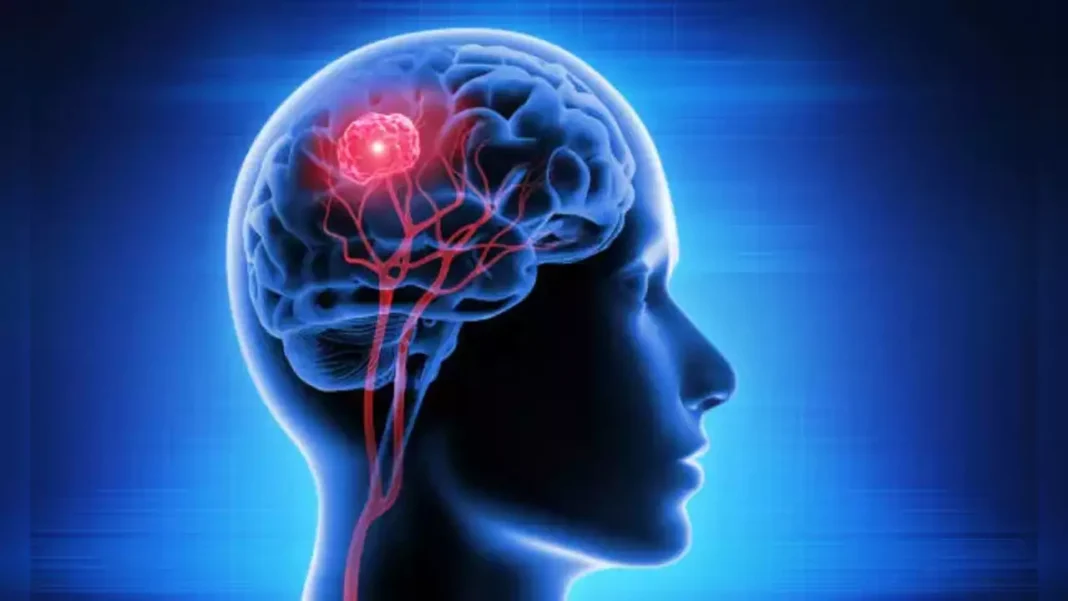Brain tumors, though relatively rare, can have significant impacts on the health and development of children and adolescents. Early detection is crucial for effective treatment and improved outcomes. Here are five warning signs of brain tumors in youngsters that parents and caregivers should be aware of.
Headaches
Persistent and severe headaches are a common symptom of brain tumors in children. These headaches are often worse in the morning and may improve as the day progresses. This pattern occurs because lying down increases pressure in the brain, which can exacerbate pain when a tumor is present. If your child frequently complains of morning headaches or experiences headaches that wake them from sleep, it’s important to seek medical advice.
Nausea and Vomiting
Nausea and vomiting, particularly when they occur without any apparent cause, can also be indicative of a brain tumor. These symptoms often accompany headaches and are a result of increased intracranial pressure. If your child is experiencing persistent nausea and vomiting, especially if it is accompanied by headaches, it is essential to consult a healthcare professional for further evaluation.
Vision, Hearing, or Speech Changes
Sudden changes in vision, hearing, or speech can be alarming and may be related to the presence of a brain tumor. Tumors can press on different areas of the brain, leading to blurred vision, double vision, hearing loss, or difficulties with speech. If your child starts to experience these symptoms, it is critical to have them evaluated by a doctor as soon as possible to determine the cause.
Balance and Coordination Issues
Difficulty with balance and coordination is another potential sign of a brain tumor. Children may experience unsteady walking, frequent stumbling, or trouble with activities that require fine motor skills, such as writing or buttoning clothes. These symptoms can occur if a tumor is located near the brainstem or cerebellum, areas responsible for movement and coordination. Prompt medical assessment is necessary if you notice these changes in your child.
Behavioral and Cognitive Changes
Brain tumors can also affect a child’s behavior and cognitive abilities. Sudden mood swings, increased irritability, or a noticeable decline in academic performance may signal a problem. Cognitive changes can include memory loss, difficulty concentrating, and a general decline in mental acuity. These changes can be subtle but should not be overlooked, especially if they appear rapidly or are accompanied by other symptoms.
Conclusion
Early detection of brain tumors in children can significantly improve treatment outcomes and quality of life. Being vigilant about these warning signs—persistent headaches, unexplained nausea and vomiting, changes in vision, hearing, or speech, balance and coordination issues, and behavioral and cognitive changes—can lead to timely diagnosis and intervention. If you observe any of these symptoms in your child, it is crucial to consult with a healthcare professional for a thorough evaluation.
For more detailed information on brain tumor symptoms and treatment options, visit reputable health sources such as Johns Hopkins Medicine and the Tisch Brain Tumor Center at Duke University.
Source- News18



